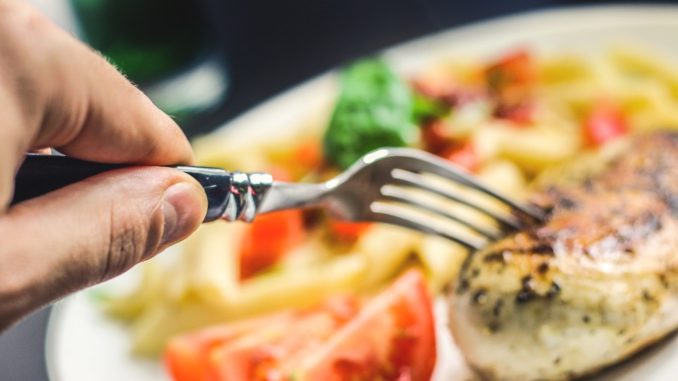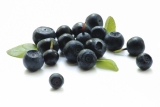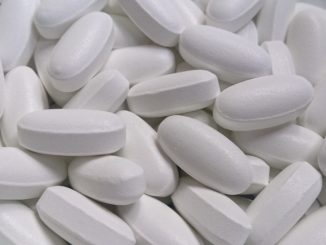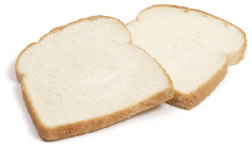
Crash diets are popular as these offer weight loss in just a matter of days. But while this is the case, crash diets have earned some notoriety.
And this is all with merit as there have been a ton of documented negative results of these types of weight loss endeavors.
So before you go ahead and get working on the latest crash diet out there, understand what it entails so that you do not end up endangering yourself.
What Are Crash Diets?
These are eating programs devised to lose considerable amounts of body weight in as little as three days. And much like its name suggests, these programs, because they implement a rather drastic decrease in food intake, cause the body to “crash” in the end.
Crash diets, while there are a handful of these popularized, follow some really basic weight loss principles.
To help you identify whether or not the eating program you are looking to follow is a crash diet, then check if one or more of these components are being implemented:
Crash Diets Normally Cut Your Daily Calorie Intake
First off, any eating plan that requires you to drastically cut your daily calorie intake could very well be a crash diet. But more specifically, if at least 800 calories have to be slashed off, then it most likely is.
The Basics of Most Crash Diets
1) Requirement to eat a specific food group as the only source of nourishment
Crash diets not just limit calorie intake. In fact, a major diet overhaul will most likely be required so that only one or a few number of food groups become the main source for physical energy. These items are normally protein- and fat-rich foods such as meats and poultry.
2) Necessity to consume some type of “Miracle” food
Sometimes, one will need to take in food products that are purported to promote quick weight loss. These items may be herbs-based teas or especially prepared meals with their portions and calorie content strictly monitored.
3) A workout program may be incorporated
Now, not all crash diets include exercise as an integral part of the programs’ success. After all, these plans have been designed to promote weight loss with as little effort as possible from the dieter.
But of course, there are diets that include physical training which are normally strictly regimented.
The 4 Best Crash Diets
If quite unfamiliar with these fad diet plans, then read on to find out some of the most popular right now.
1. The Maple Syrup Diet

This type of diet plan is also sometimes called the Lemonade Diet or the Master Cleanse. It entails drinking of juice especially concocted from freshly squeezed lemons, maple syrup, and cayenne pepper.
Normally, the diet lasts for 10 days, with only the juice taken, and no other intake of solid or liquid food during the entire phase. This program become one of the more popular crash diets out there because notable celebrities like Naomi Campbell and Beyoncé have employed it.
2. The Three Day Diet

Dieters swear by the effectiveness of the 3 day diet plan. It involves taking in of strictly monitored food items for three days to lose as much as 10 pounds of body fat.
3. The Acai Berry Diet

This is one of the many crash diets out there that are marketed to appeal to people who are into holistic health principles. The weight loss products such as pills, teas, and juices contain fruit-based ingredients which are purported to be full of healthy vitamins and minerals, thus still providing the body with nourishment even while dieting.
4. The Cabbage Soup Diet

The cabbage soup diet requires the dieter to eat only an especially concocted soup made mostly of cabbage. While it emerged in the early 1980s, it still is quite popular today for a number of reasons.
For one, the main ingredient cabbage is easily accessible throughout the year, even during the winter. Secondly, the diet is rather cheap to implement as it only requires eating of reasonably priced vegetables such as cabbage, celery, tomatoes, peppers, and onions.
The Negative Impact of Crash Diets
Because of a rather drastic decrease in food intake, these crash diets are of course not without its risks. Some of the negative results that have been documented are as follows:
1) Noticeably Lower Energy Levels
If you are not to eat the right amount of food because your choice of fad diet says so, then the ultimate result is of course loss of energy. In fact, a lot of people who follow crash diets normally become lethargic and suffer from headaches for this purposeful decrease of food intake.
2) Yo-yo Dieting Will Be Activated
This is one of the more undesirable effects of following crash diets – yo-yo dieting. People who are not used to these drastic fad diets are the most prone. This is because to start with, they are not accustomed to such strict diets. They then end up binging on food once their respective plans have been completed.
3) Unhealthy Loss of Body Fluids
As we said earlier, these fad diets normally require the dieter to take in “miracle foods.” But if you try and examine what the properties of these items are, they are mostly just diuretics.
And diuretics, as you probably already know, are responsible for flushing out fluids from the body. The problem comes in when the implemented fad diet is not monitored, thus intake of diuretics cause the dieter to end up getting dangerously dehydrated.
An unhealthy outlook on weight loss will ensue. Sure, crash diets require dedication for their completion. However, this will only last for a number of days.
So not only does it require very little effort, but the promise of incredible weight loss ultimately makes the dieters complacent as they always have a fad diet to turn to every time they need a quick weight loss.




Be the first to comment